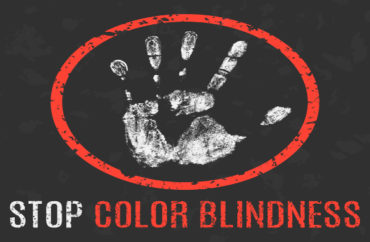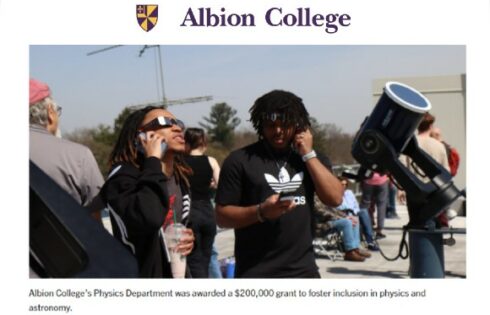
A recent study by psychology researchers at the University of Illinois at Urbana-Champaign and University of Louisville purportedly shows that those with a “color-blind” racial philosophy actually help to maintain systemic racism.
And an “important step” in the fight against such institutional prejudice is to first acknowledge that it exists, the researchers note in last month’s Journal of Counseling Psychology.
Lead researcher Jacqueline Yi said “The denial of structural racism appears to be a big barrier to racial equity because it allows for more victim-blaming explanations of systemic inequality,” Everyday Health reports.
“The more that BIPOC (Black, Indigenous, and People of Color) individuals are blamed for racial disparities, the less likely it is for white people and institutions to take responsibility for the continued effects of systemic racism.”
Yi and fellow researchers Helen Neville, Nathan Todd and Yara Mekawi define “color-blindness” as either “color evasion or power evasion.” The former is ignoring race in order to “reduce prejudice and possible tension or focusing on human similarity rather than differences linked to racial group membership,” while the latter is the “denial [or] minimization” of structural racism.
MORE: Professor says colorblind philosophy behind ‘Star Trek’ is a ‘blind spot’
The review found that power evasion was associated with greater prejudice against Black people and was not an effective way to “get past” or address structural racism; instead, it perpetuated anti-Blackness. …
The researchers also concluded that the denial of structural racism was more closely linked to anti-Black prejudice than to prejudice against other people of color; and that people who denied the existence of structural racism were more likely to endorse stronger beliefs, such as that societal inequality is acceptable, and they reported fewer intentions to engage in social justice behaviors.
Researchers noted some limitations: They did not analyze responses from study participants by race or ethnicity, meaning power evasion and color evasion attitudes from Black, white, and non-Black people of color were combined. And most of the studies in the analysis included mostly white participants.

The study’s “undergirding assumption” is that “a critical psychological science can best inform the ways in which individual actors can contribute to or disrupt institutional level and anti-Black policies and practices.” A handy chart is provided to show how this can be done, such as “incorporating Black Studies into counseling psychology curricula” and “chang[ing] the racial makeup of institutions and [counseling psychology] programs by increasing representation of Black folx.”
Yi is a graduate student at the University of Illinois Urbana-Champaign’s “Ecologies of Liberation Lab” of which fellow researcher Nathan Todd is director. According to its website, the lab “draw[s] from ecological models to focus on the places, spaces, settings, and structures that maintain oppression and/or facilitate liberation” and does so “with a spirit of collaboration, curiosity, ethical sensitivity, and kindness.”
MORE: Is colorblindness really a bad philosophy?
IMAGE: WindVector / Shutterstock.com, Linkedin.com
Like The College Fix on Facebook / Follow us on Twitter






Please join the conversation about our stories on Facebook, Twitter, Instagram, Reddit, MeWe, Rumble, Gab, Minds and Gettr.